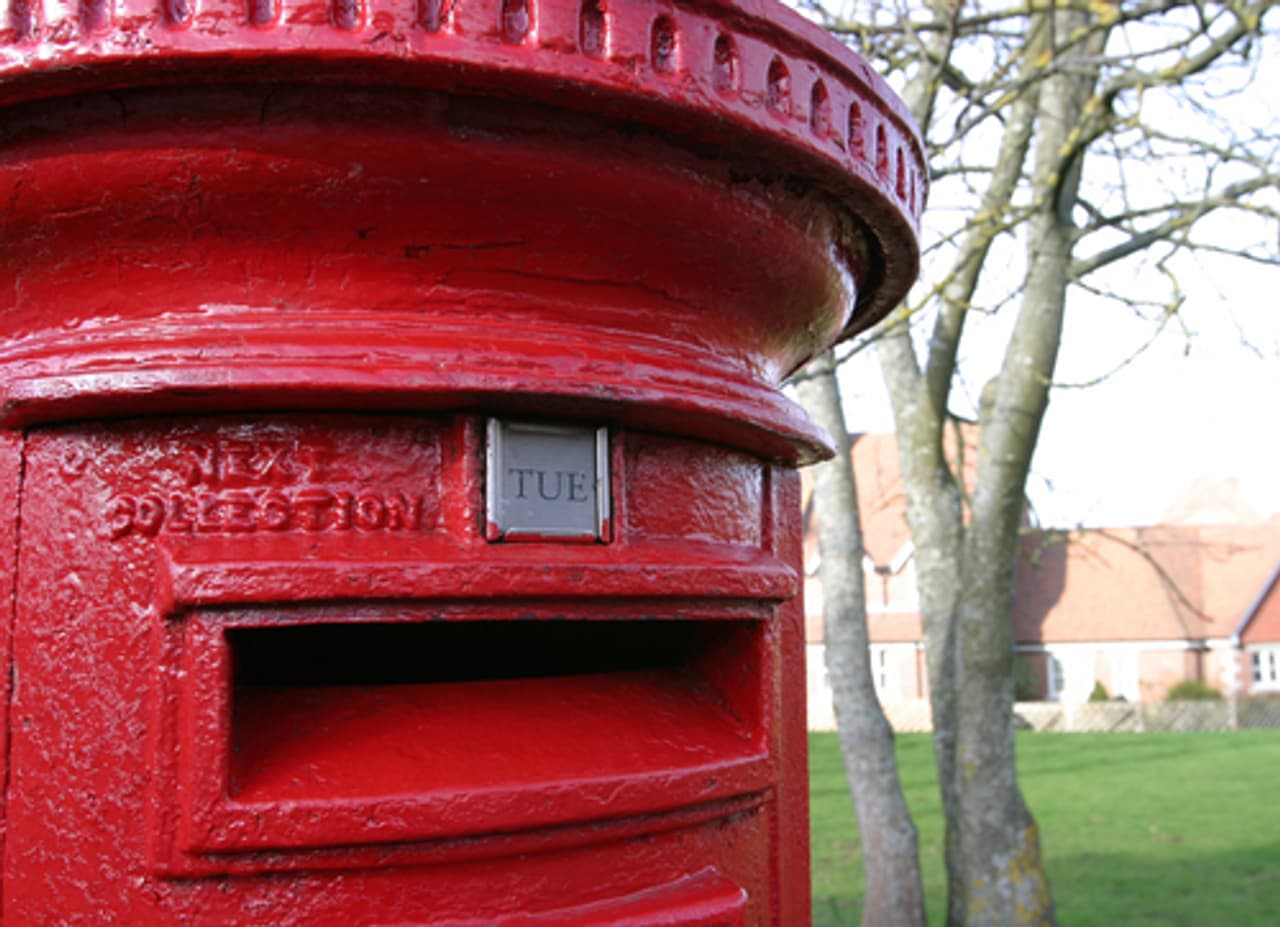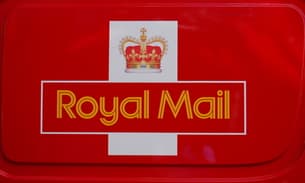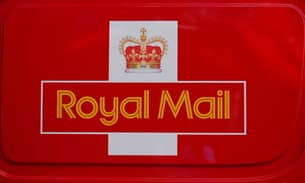
Lazard Asset Management was a Royal Mail priority investor and made £8m profit in one week
Investment arm of the government’s adviser in controversial float of Royal Mail was given priority status. (Image: Royal Mail via shutterstock.com)
Lazard Asset Management (LAM), the investment arm of the government’s independent adviser on the controversial privatisation of Royal Mail, was one of the 16 priority investors who received preferential treatment in the allocation of shares in the business.
Shares in Royal Mail have risen by 57% since October when the firm was floated. The National Audit Office (NAO) concluded the taxpayer lost out by as much as £750m because the business was undervalued.
Lazard & Co, the corporate advisory part of the business, advised the government against raising the price of Royal Mail shares to investors and helped oversee the allocation of shares which was more than 23 times oversubscribed.
Related story: MPs given list of financial institutions that gained large shareholdings in Royal Mail float
The asset management arm of Lazard’s received six millions shares worth £19.8m when trading began on October 11. LAM sold the shares within days securing an £8m profit.
Lazard & Co also received a £1.5m fee for advising on sale of Royal Mail.
Lazard’s chief executive, William Rucker denied any suggestion of a conflict of interest. He said the asset management arm of Lazard’s was in talks to receive Royal Mail shares well before Lazard’s was appointed as the government’s independent adviser and that “Chinese walls” between the corporate advisory and asset management divisions were rigorously maintained.
But the revelation that Lazard’s was one of the 16 priority investors has sparked concern among senior MPs. It will also heap further pressure on Vince Cable, the Business Secretary, and Michael Fallon, the business minister who have consistently defended the flotation as a success.
Reacting to LAM’s inclusion as a priority investor, Adrian Bailey, chair of the business select committee, said businesses linked to government advisers should not receive shares in privatisations. “The government’s advisers should be there to represent the interests of the government pure and simple,” he argued.
Lazard’s valuation of Royal Mail was lower than members of the banking syndicate working on the float, according to NAO figures published earlier this month.
Related story: Royal Mail: did the government and bankers short-change Britain by £750m?
Equity analyst notes from banks working on the float also gave Royal Mail much higher valuations than Lazard’s.
The NAO’s report earlier this month said of the seven banks advising the government on the float “at least five of them were allocated shares on behalf of their asset management arms for distribution to their clients”. The total received by syndicate banks was 13 million shares worth £42.9m – they are now worth £68.25m.
The NAO report stated that the Department for Business, Innovation and Skill’s contract with Lazard & Co specified that the information barrier between Lazard & Co and LAM must be complied with in order to prevent the LAM team obtaining confidential information. There is no suggestion that Lazard’s breached any conflict of interest codes or laws.
News of Lazard Asset Management’s inclusion in the select group of 16 institutions that initially dominated Royal Mail’s shareholder register comes as the government has been forced to disclose other Royal Mail cornerstone investors.
Yesterday the Bureau named Blackrock, Capital Research, Fidelity, Government of Singapore, Kuwait Investment Office, Lansdowne Partners, Ozz Ziff, Standard Life and Threadneedle as likely priority investors.
These have been confirmed. In addition the government disclosed Abu Dhabi Investment Authority, Henderson, JP Morgan, Soros, Schroders, Third Point as well as Lazard Asset Management were priority investors.
Business secretary, Vince Cable said: “I told the BIS Select Committee yesterday I wanted to be as helpful and transparent as possible. In that spirit I had already provided the names to the National Audit Office and yesterday I provided the list in confidence to the chairs of the BIS Select Committee and the Public Accounts Committee.
“I had been advised that the investors expected confidentiality around their share acquisitions, but there has been strong interest in who the investors are and speculation around the names, some of it inaccurate. I have decided the public has an interest in an accurate list being available.”
Related story: Unmasked: The city institutions given privileged status in the controversial Royal Mail flotation




